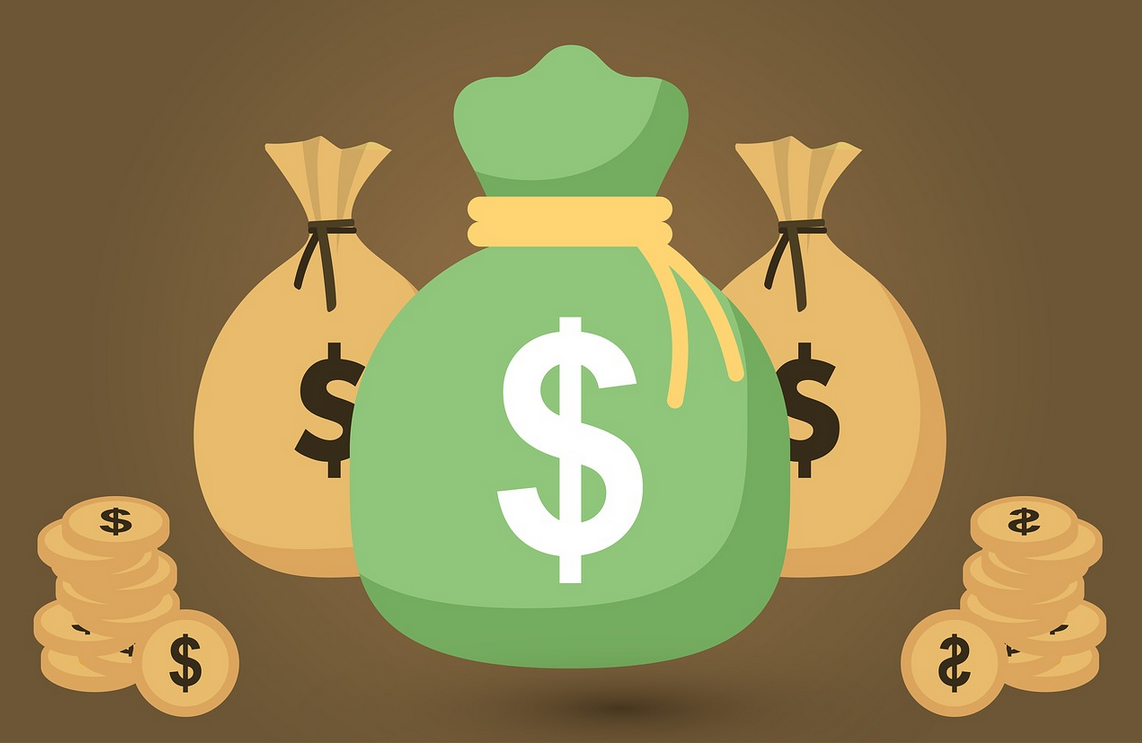Inheritance often comes during a time that is very emotionally turbulent. People feel grief over the loss of a loved one, perhaps anger if they feel that inheritance is split unfairly, and possibly relief if the money is needed and helpful. During this challenging time, it helps to have a plan in place. So what can you do to prepare to receive an inheritance? Here are 6 steps you can take.
1) Plan to Not Have It
Perhaps the most unexpected way to “plan” for an inheritance is to not expect it. You shouldn’t take anything for granted, and that goes especially for inheritance funds. The loved ones that you think will give you an inheritance may use the money themselves, or plan to disburse it in a way that you didn’t expect. Furthermore, there’s no way to tell exactly when you’ll receive your inheritance; even if your loved one passes away and leaves money to you, it can take months or even years for funds to be distributed. Don’t rely on inheritance money to get you out of a pickle, as there’s no guarantee it will be there to help you. Instead, research other options to help your finances, such as ways to save for an emergency fund or common money mistakes to stop making.
2) Plan for Taxes
Typically, estate taxes only pose an issue for those who are extremely rich (but the laws are different in each state, so be sure to research if estate taxes apply to you). That being said, there are other ways that receiving an inheritance can impact your taxes. For example, if you inherit a retirement account, you may be taxed on any distributions you take (unless you inherited the retirement account from a spouse, in which case you can usually roll the money into your own retirement account). If you’ve inherited property, you will need to pay any property taxes going forward. To determine other ways that receiving an inheritance might impact your taxes, plan to speak to a tax advisor.
3) Plan for Gratitude
Being grateful isn’t always easy, but it can go a long way in acknowledging the gift you have been given, as well as appeasing any sour feelings by those who feel left out. Remember – you shouldn’t expect an inheritance, so if you do get one, show gratitude, no matter what the inheritance is.
4) Plan to Talk Before Inheritance is an Issue
It can be tough to bring up finances with family members, especially if those finances involve the possibility of someone passing away. However, speaking openly and frankly about inheritance can help give everyone a realistic understanding of what could happen. This can prevent misunderstandings, hurt feelings, and unexpected responsibilities. If you’re not sure how to have a conversation about inheritance, getting help from a financial planner can be useful.
5) Plan to Wait
If you receive an inheritance, you may very well still be grieving the loss of your family member. It’s usually best to avoid making big financial decisions during this time, so there is nothing wrong with letting the funds sit in a savings account or money market account until you come up with a plan for how to use it. Don’t feel pressured to make any big decisions right away, and remember that there are people you can talk with to help you during this time, whether that’s a grief counselor or a financial advisor.
6) Plan How to Use It
After you receive an inheritance, then you can create a plan on how to use it. Funds from an inheritance can be used to pay off debt, invest, save, or spend as you like. However, no matter what you decide, be sure to do your research and use the money in the best way possible. Some options for your inheritance funds include:
- Saving for an emergency.
- Saving for retirement.
- Paying down high-interest debt.
- Purchasing real estate or paying off your mortgage.
- Funding a college education.
- Planning a wedding or vacation.
- Investing.
- Starting your own business.
- Donating to charity.
When spending inheritance funds, remember to plan out your future budget. You may be tempted to use your inheritance as a down payment on an expensive house or fancy car, but be sure you can afford the monthly payments afterwards. Similarly, if you use your inheritance to start a business, make sure you understand how much of a loss you can afford before taking on that risk.
If you’re not sure where to start, you can determine if any of these short-term investment accounts are right for you, as an option to store and invest your new funds.





















